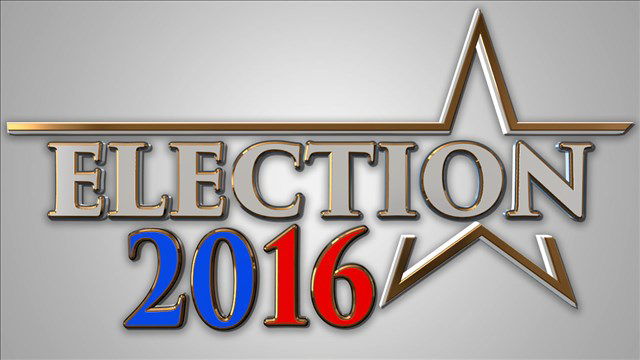Usually at this time in the political race, front-runners tend to cement their status, and other nominees are soon considered as vice presidential material. In the slight chaos that is the 2016 presidential election, Assistant Professor of Politics Carl Palmer takes a wary stab at naming possible VPs.
Palmer:
With a little over three months before the first vote is cast in the 2016 primary election cycle, the picture of who will represent the Democratic and Republican parties remains as murky as ever.
While Hillary Clinton—with Joe Biden’s decision to stay out of the race, and her strong performance before Congress in the Benghazi hearings—remains the presumptive nominee, Bernie Sanders still appears competitive in Iowa and New Hampshire.
On the Republican side, Ben Carson and Donald Trump continue to lead, but pundits are skeptical that either will do so when votes are actually cast in February. It should be easier to make predictions once the field begins to winnow itself, which one would expect should begin occurring shortly.
The uncertainty as to who will be the nominees for the presidency has not headed off speculation about who will actually win the nomination, but also, who will run alongside the nominees as vice presidential candidates. It is difficult to do much more than take an educated guess, since the decision will be greatly affected by the characteristics of whoever actually wins their party’s nomination.
On the Democratic side, rumors have swirled from the fanciful (Bill Clinton), to the plausible, but unlikely (Wendy Davis, Elizabeth Warren), and back again. Currently, the most credible speculation seems to point to Julian Castro, former mayor of San Antonio and current secretary of Housing and Urban Affairs, given his youth and ability to court Latino voters. Other names mentioned include former Massachusetts Gov. Deval Patrick, and New Jersey Senator Cory Booker.
Predicting the Republican nominee is much more difficult, given that the field has not winnowed itself. Of those currently still in the running for the Republican nomination, Carly Fiorina has done much to distinguish herself with strong debate performances, particularly on matters of foreign policy, although her poll numbers and fundraising have not followed suit, hampering her ability to last deep into the primary season, but also making her a likely addition to a Republican ticket.
Others could include Scott Walker, governor of Wisconsin, whose lackluster debate performances led him to suspend his campaign. But his position as a governor of a blue state may have some appeal to the Republican nominee. Other names that have been speculated about include South Carolina Gov. Nikki Haley, and Iowa Sen. Joni Ernst.
With the volatility of the Presidential nominating contests, speculating about who might be tapped as a running mate remains pure guesswork. Expect plenty of surprises in the weeks and months to come.

